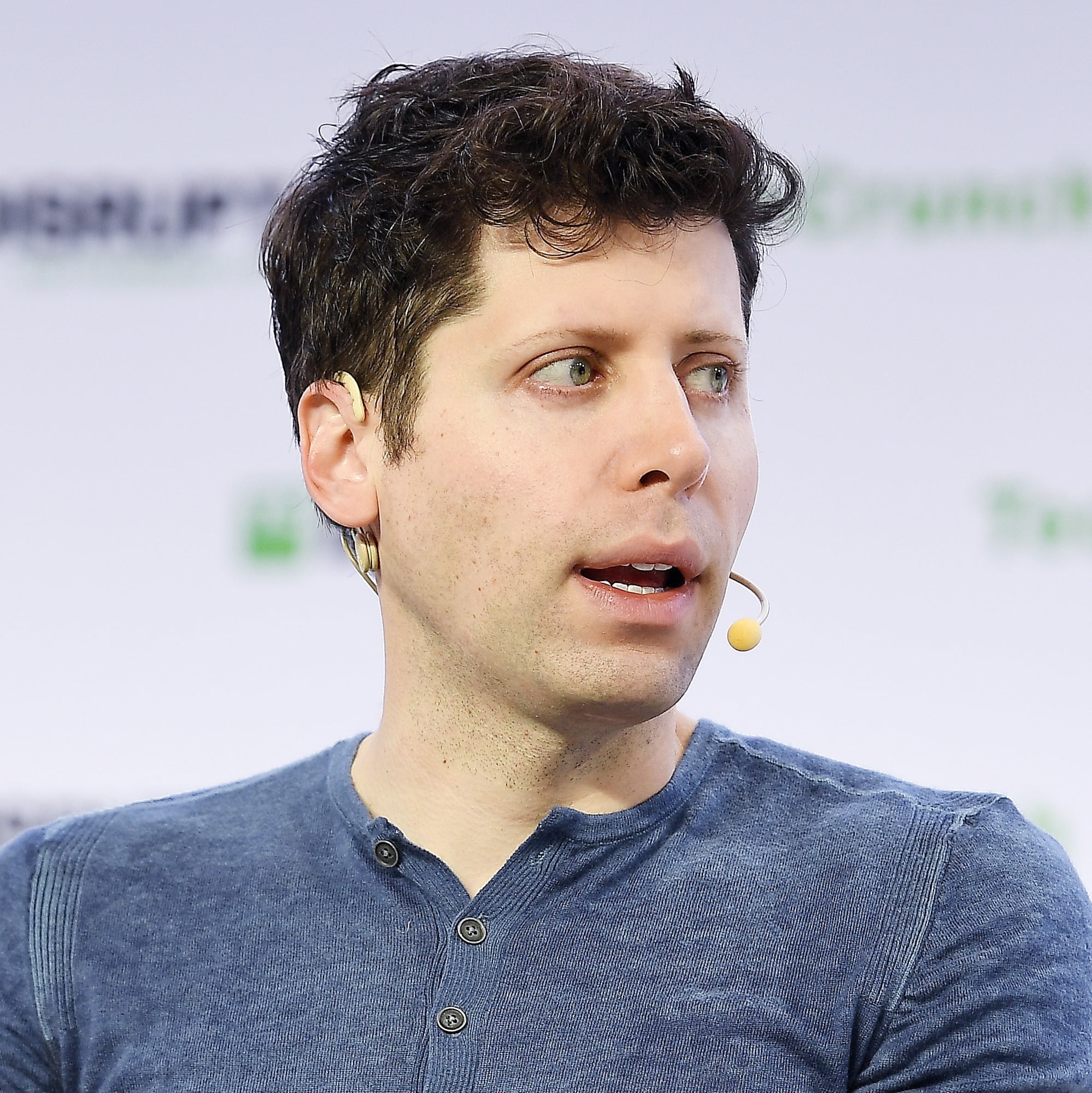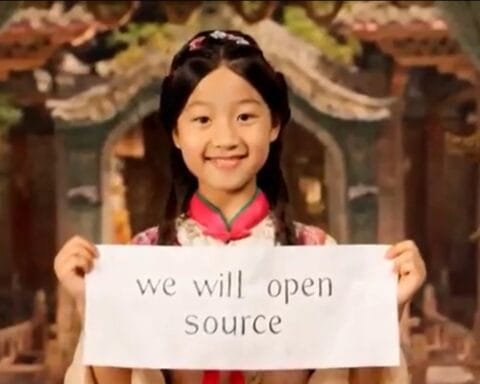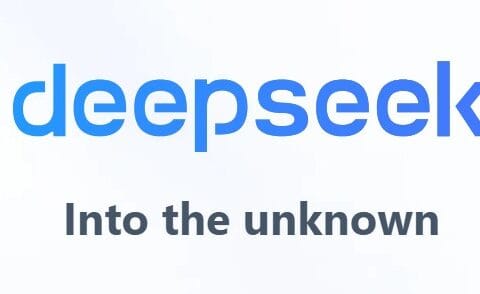Last Updated on January 17, 2024 9:07 am by Laszlo Szabo / NowadAIs | Published on January 17, 2024 by Laszlo Szabo / NowadAIs
Sam Altman in Davos: Steering the Future of AI with Caution and Innovation – Key Notes Section
- Energy and AI: Sam Altman underscored the crucial need for an energy breakthrough to sustain the future demands of AI, advocating for investment in sustainable energy solutions.
- Regulatory Framework: Altman emphasized the significance of cautious regulation in AI, especially in sensitive sectors like financial services, to ensure safety and reliability.
- AI and the Job Market: While recognizing potential job market disruptions due to AI, Altman remains optimistic about the emergence of new opportunities and the enhancement of current roles.
- AI in Elections: Altman highlighted the challenges AI poses to electoral integrity and public trust, advocating for robust policies and a collaborative approach to ensure that AI supports democratic practices.
- Navigating the Future: Altman’s insights reflect a commitment to harmonizing AI’s technological advancement with ethical considerations, emphasizing a forward-thinking approach for societal well-being.
At the Heart of AI: Energy and Innovation
Sam Altman, CEO of OpenAI, illuminated the World Economic Forum in Davos with his insights on the future of Artificial Intelligence (AI).
A paramount concern he raised was the escalating energy demands of advancing AI technologies, Altman emphasized the necessity of an energy breakthrough, underlining that future AI would consume considerably more power than current estimates.
“There’s no way to get there without a breakthrough,”
– he said.
With an optimistic view towards more climate-friendly energy sources, such as nuclear fusion or cost-effective solar power and storage, Altman advocates for a proactive approach to meet these burgeoning energy needs.
His personal investment of $375 million in U.S. nuclear fusion company Helion Energy is a testament to his commitment to fostering sustainable energy solutions, pivotal for the growth of AI.
“I’m delighted to be investing more in Helion, which is by far the most promising approach to fusion I’ve ever seen,”
he said at the time of his investment.
Regulatory Framework: Balancing Innovation and Safety
Sam Altman‘s voice was also prominent in discussions about the regulation of AI during the forum.
He underscored the significance of cautious regulation, particularly in the realm of financial services, to ensure the accuracy and reliability of data. The call for regulatory guardrails aligns with the broader consensus on the importance of establishing verifiable and safe AI-driven models.
Altman’s perspective resonates with the global movement towards formulating comprehensive AI regulations, as seen in the European Union’s provisional approval of the world’s first extensive set of rules for AI, and the United States’ executive order aimed at managing AI advancements.
The focus is on striking a balance between harnessing AI’s potential and mitigating associated risks.
The Job Market in the Age of AI
"This has been much more of a tool than I think we expected…it's not yet replacing jobs to the degree people thought it was going to," @OpenAI CEO @Sama #BloombergHouse #TheYearAhead @BradStone pic.twitter.com/QuTWOVhioz
— Bloomberg Live (@BloombergLive) January 16, 2024
Addressing job concerns in the AI era, Altman elucidated the potential disruptions and transformations in the job market. He expressed his worst fears about the technology industry causing significant harm, highlighting the potential adverse impacts of AI on the workforce.
Altman emphasized the need for collaboration between AI developers and the government to mitigate these risks.
He remains optimistic, however, about the emergence of new job opportunities and the enhancement of current roles through AI. His vision is clear: to navigate the AI landscape with caution, ensuring that the advancements contribute positively to society and the economy.
Navigating the Future with Prudence and Optimism
"We are going to go to the future. A big reason we believe in iterative deployment of our technology is that people need time to gradually get used to it…technology and society need to co-evolve," @OpenAI CEO @Sama #BloombergHouse #TheYearAhead pic.twitter.com/1XKSlXSnrx
— Bloomberg Live (@BloombergLive) January 16, 2024
Sam Altman’s perspectives at the World Economic Forum in Davos reflect a deep understanding of the multifaceted challenges and opportunities presented by AI.
His emphasis on energy innovation, regulatory balance, and job market evolution underlines a forward-thinking approach that seeks to harmonize technological advancement with ethical considerations and societal well-being.
As AI continues to shape our world, leaders like Altman remind us of the importance of steering this powerful force with prudence, responsibility, and an unwavering commitment to a sustainable and inclusive future.
FAQ Section
1. What was Sam Altman’s main concern regarding AI at the Davos Forum?
Sam Altman highlighted the escalating energy demands of advanced AI technologies, emphasizing the need for a significant energy breakthrough.
2. How does Sam Altman view the relationship between AI and energy?
Altman advocates for a proactive approach towards sustainable, climate-friendly energy sources like nuclear fusion or solar power to meet AI’s energy needs.
3. What stance did Sam Altman take on AI regulation at the World Economic Forum?
Altman emphasized the importance of cautious regulation, particularly in financial services, to ensure data accuracy and the safety of AI-driven models.
4. How does Sam Altman perceive the impact of AI on the job market?
While acknowledging potential disruptions, Altman remains optimistic about AI creating new job opportunities and enhancing current roles, advocating for careful navigation of AI advancements.
5. What concerns did Sam Altman express about AI’s role in elections?
Altman raised concerns about AI’s potential to spread misinformation and manipulate public opinion, stressing the need for robust policies to safeguard elections against AI misuse.









